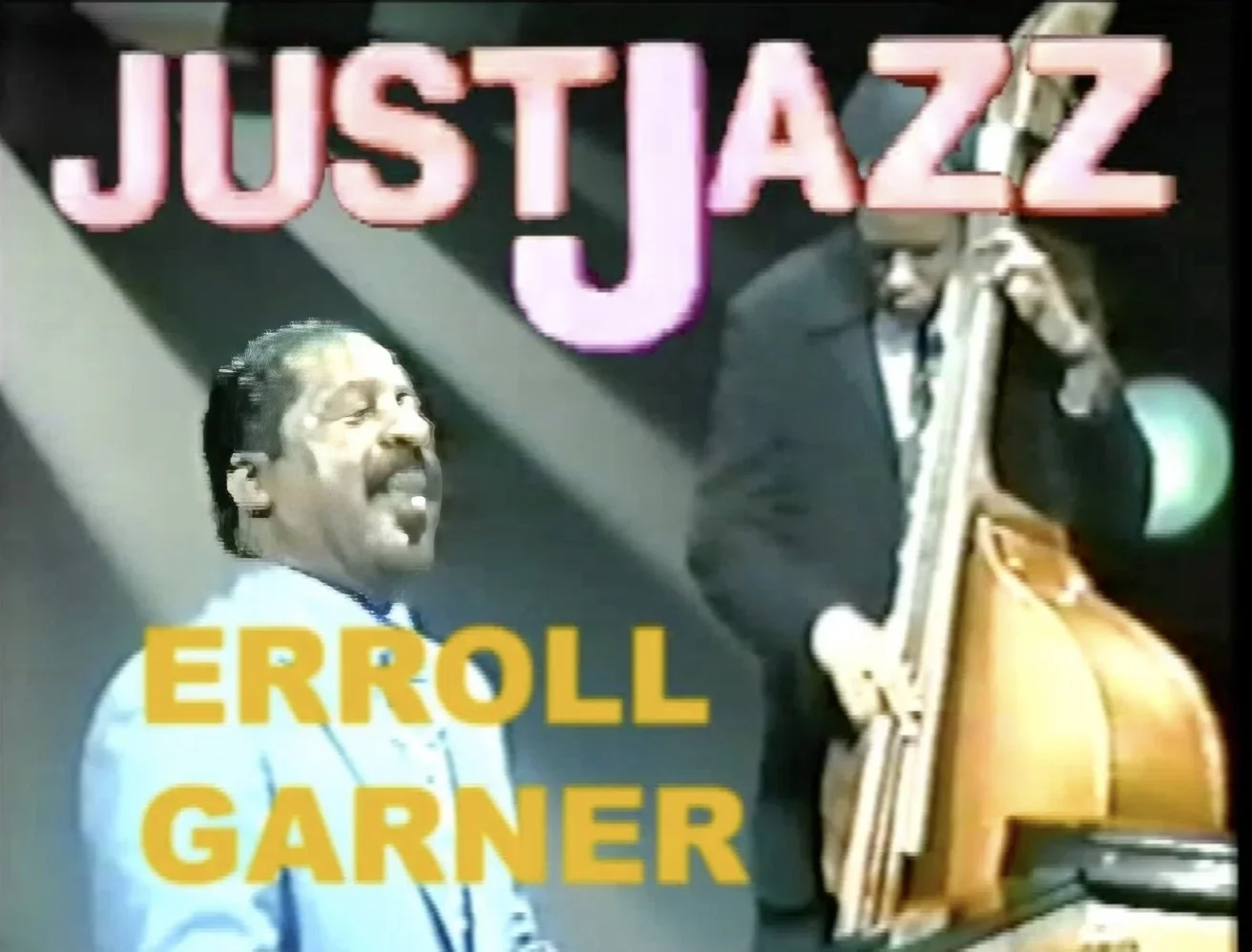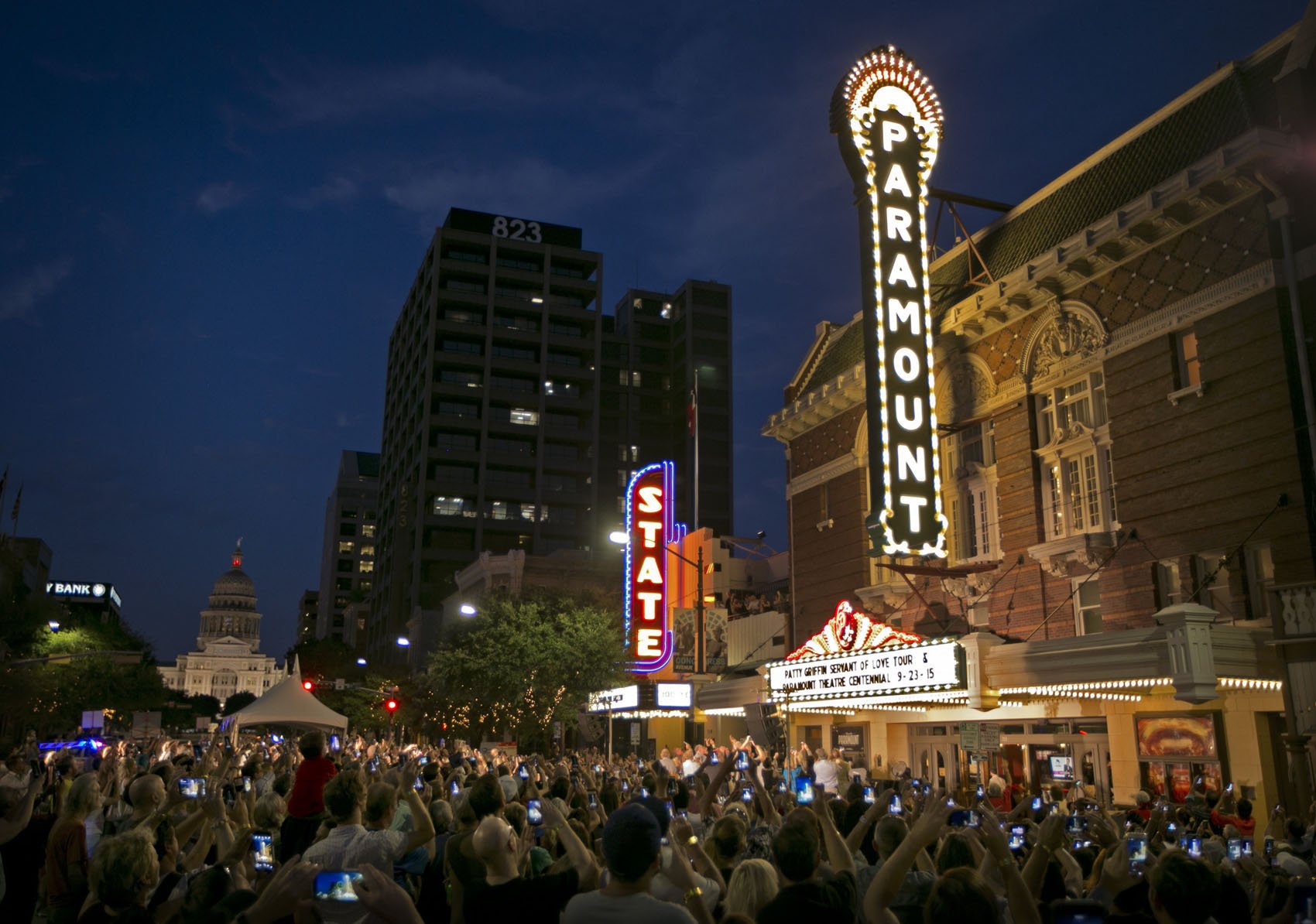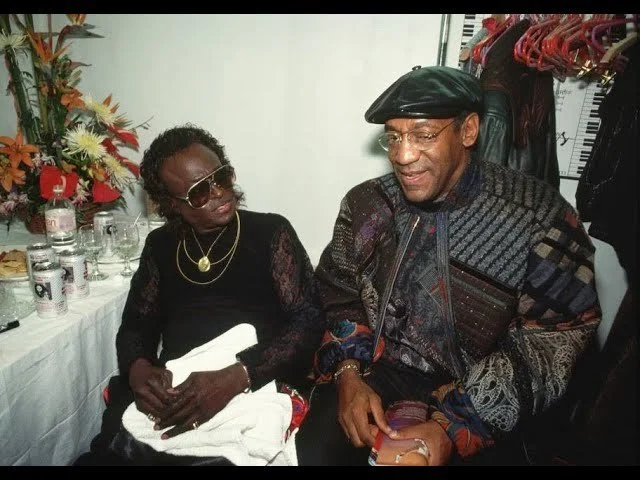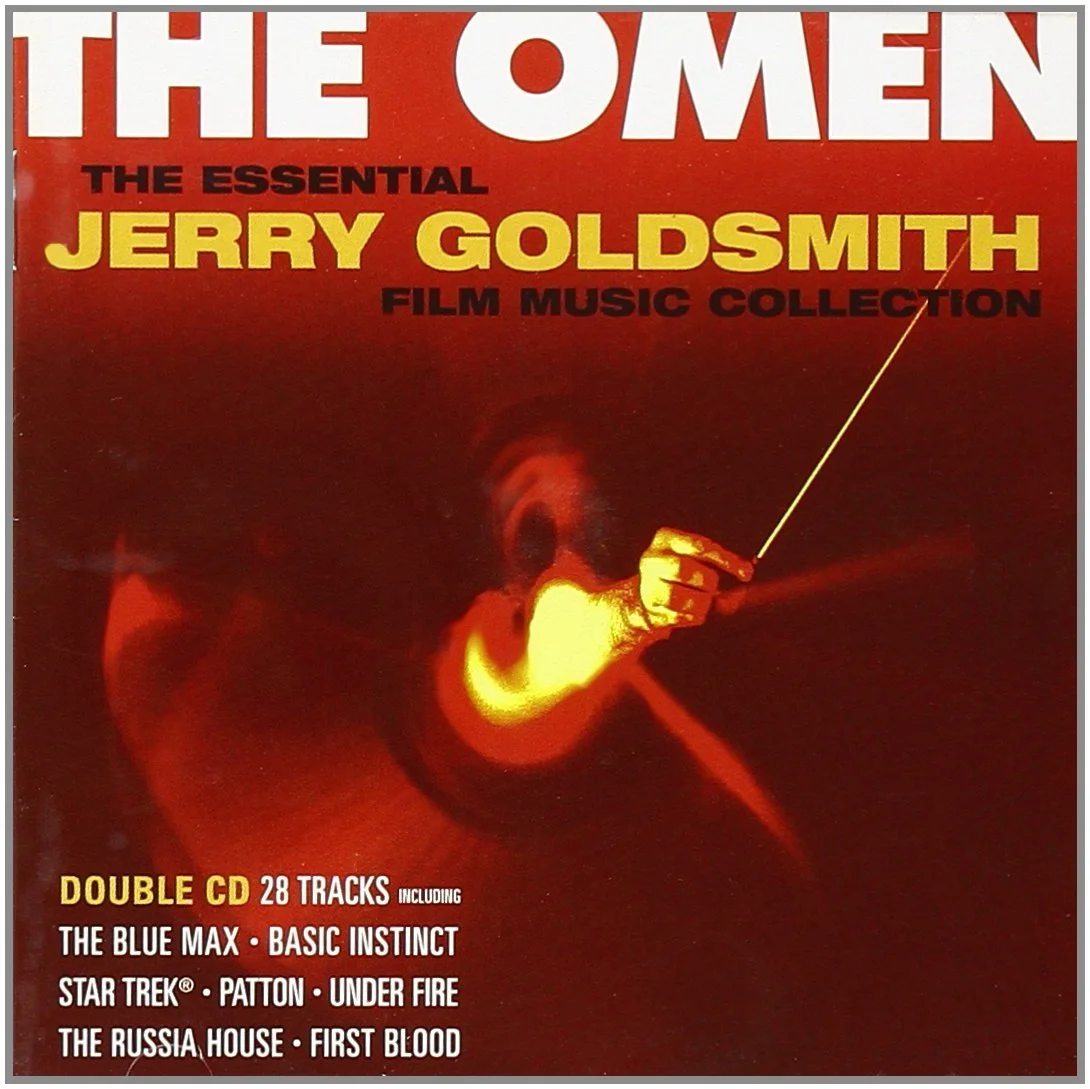
Hank Hehmsoth: Research Scholar
Advancing Jazz, Education, and Cultural Preservation
Hank Hehmsoth’s distinguished career as a Research Scholar combines innovative projects, historical preservation, and interdisciplinary collaborations. With national and international recognition, his work has illuminated the rich heritage of jazz while breaking new ground in composition, education, and technology.
As a Research Scholar at the Institute of Jazz Studies at Rutgers University, Hehmsoth played a pivotal role in preserving rare archival materials, ensuring the legacy of jazz remains vibrant for future generations.
Key accomplishments include:
Rare Performances Rediscovered
The 1970 TV broadcasts of Just Jazz, a groundbreaking PBS series showcasing legendary jazz musicians, were long thought lost to history. Recently rediscovered, these rare recordings offer an invaluable glimpse into the golden age of jazz, capturing iconic performances that preserve the energy, creativity, and spirit of the era.
Unveiling a Hidden Gem
Experience the electrifying 1986 performance of the Joe Henderson Quintet 1986 performance at Antone's in Austin, TX, featuring Hank Hehmsoth on piano. This unforgettable event, long tucked away in the annals of jazz history, showcases the dynamic interplay and virtuosity that defined an era.
Rhythms Reclaimed
Dive into The History of Jazz Drums, a captivating exploration of the evolution and artistry of jazz percussion. Through rare, rediscovered performances, this collection brings to life the beats and brilliance of legendary drummers who shaped the sound of jazz.
A rare 1986 audio interview featuring Bill Cosby as he reflects on his personal friendship with legendary jazz musician Miles Davis. This intimate conversation offers unique insights into Davis's personality, artistry, and the bond the two shared. Part of research conducted at Rutgers University's Institute of Jazz Studies.
Television and Film Collaborations
Explore the genius of Jerry Goldsmith in my
Jerry Goldsmith Film
and TV Score Retrospective
celebrating his iconic film and television scores. Renowned for his innovative compositions, Goldsmith’s work spans genres and decades, from the haunting melodies of The Omen to the adventurous themes of Star Trek and Chinatown. This tribute dives into the artistry and influence of a composer whose music forever shaped the landscape of cinema and television.
Bridging Eras:
Jazz Scholarship and Innovation
These projects highlight Hehmsoth’s commitment to preserving and sharing jazz’s artistic and cultural impact.
Hehmsoth’s most recent work, developed during his Fulbright Senior Specialist program in Chile, bridges music education and accessibility.
Created Braille-transcribed jazz materials, empowering visually impaired students to learn and perform independently.
Conducted hands-on workshops in Santiago, Chile, integrating jazz theory and improvisation with accessible tools.
Inspired a global audience by showcasing the transformative power of accessible music education.
"Music transcends boundaries. Through Braille music education, we ensure that no musician is left behind." – Hank Hehmsoth
Creativity: The Myth and the Role of Research in Creative Work
At the Athens Institute for Education and Research (ATINER), I delivered a presentation titled "Creativity: The Myth and the Role of Research in Creative Work". Before a roomful of composers from around the world, I discussed how my research informs my creative process, focusing on my composition Two Desert Dances. This piece incorporates field recordings of Native American songs—integrated respectfully and with artist permissions—into a contemporary jazz framework.
The session turned lively when a Yugoslavian composer challenged my methods, questioning whether using sacred songs in this way was sacrilegious. While I referenced Stravinsky and Bartók's similar use of folk melodies, a debate erupted. Two female composers in the audience defended my approach, noting the importance of research and innovation in composition.
The confrontation didn’t stop there—he criticized my harmonic language, claiming the "mixed sharps and flats" in my chords showed a lack of skill. I couldn’t help but laugh, as it’s standard practice in jazz to push harmonic boundaries. This episode reminded me that authenticity and expertise often face scrutiny, but they also invite meaningful dialogue and growth.
These moments, though challenging, are a testament to the role of research in advancing creative work. They’ve reinforced my mission to connect tradition and innovation while navigating cultural complexities.
My participation in ATINER wasn’t limited to lectures—I also performed as a soloist at the 6th International Conference on Visual and Performing Arts and reviewed numerous scholarly works for their journal. These experiences deepened my understanding of how research fuels creativity across disciplines, geographies, and perspectives.
Exploring Creativity Through Research and Collaboration
Creativity as a Meeting Ground
Creativity doesn’t exist in isolation—it thrives on research, dialogue, and shared experience. Throughout my career as a composer, performer, and educator, I’ve been fascinated by the interplay between research and the creative process. Whether it’s drawing from historical sources, collaborating with global communities, or teaching the next generation of musicians, I’ve found that research transforms creativity into a dynamic and meaningful exchange.
A Vision for Creativity in Music
The experiences at ATINER, OLLI, and other platforms have shaped my approach to teaching, composition, and performance. By blending research with creativity, I aim to:
Expand cultural horizons through cross-genre and cross-cultural collaborations.
Challenge conventional norms with innovative compositions informed by deep scholarship.
Inspire new generations of musicians to see research as a tool for artistic growth.
“Research and creativity are inseparable. One informs the other, pushing us toward new horizons.”
"The Dan Morgenstern Collection"
Funded by the National Endowment for the Arts (NEA), Hehmsoth curated and documented this invaluable archive of rare jazz performances and interviews, uncovering pivotal moments in jazz history.
Television and Film Collaborations
2024 PBS documentary Wham-Re-Bop-Boom-Bam: The Swing Jazz of Eddie Durham (Advisor, Consultant, Cast Member, and Artwork Contributor).
Braille Music Education: Transforming Accessibility
Exploring Creativity Through Research and Collaboration
Hehmsoth’s scholarship spans diverse fields, including jazz history, archival research, and multimedia projects. Key credits include:
Research Meets Creative Practice: The Dean's Seminar
In my Dean's Seminar presentation, "Creativity: The Myth and the Role of Research in Creative Work", I explored the origins of creative thought. Delving into how research informs inspiration, I argued that creativity isn’t purely mythical—it’s a structured, intentional process fueled by curiosity and discovery.
“Research isn’t just about answers—it’s about asking better questions. Creativity is what happens when those questions lead to new ideas, sounds, and forms.”
OLLI Interview: Creativity and Its Challenges
In an interview with Texas State’s Osher Lifelong Learning Institute (OLLI), I shared personal anecdotes that highlight the complex relationship between research and creativity. Whether facing critiques of my harmonic language or navigating cross-cultural exchanges, I’ve learned that pushing boundaries often invites both skepticism and growth.
“Creativity isn’t about staying within the lines. It’s about re-drawing the lines and asking others to look at them differently.”









